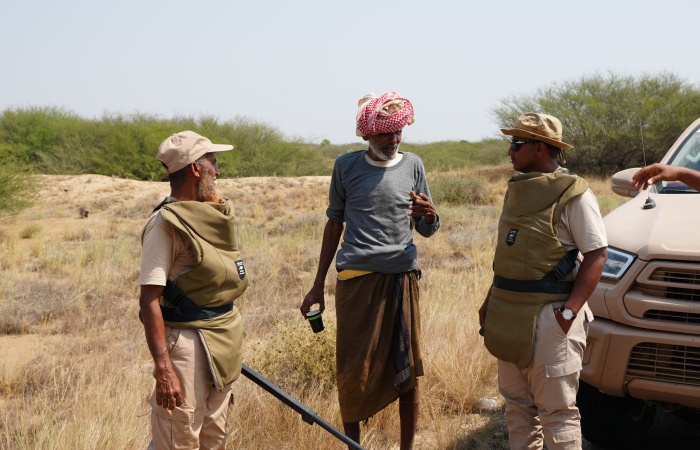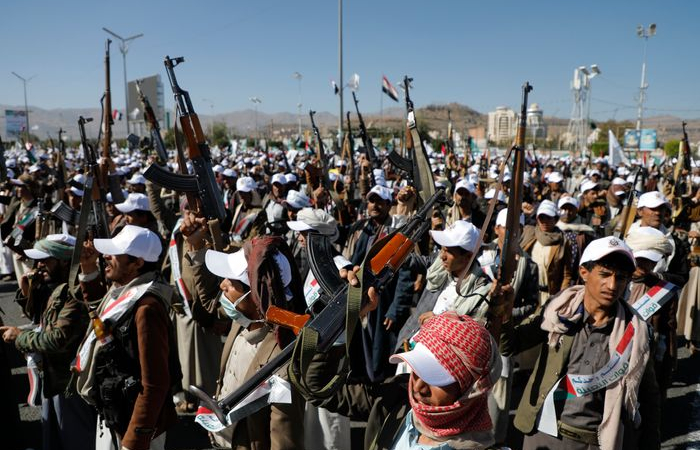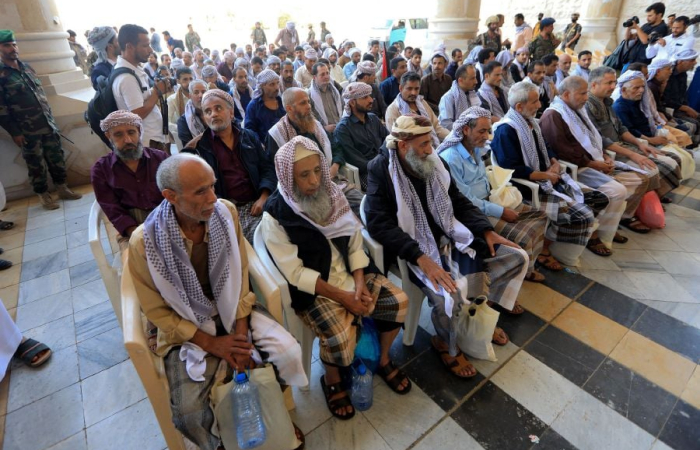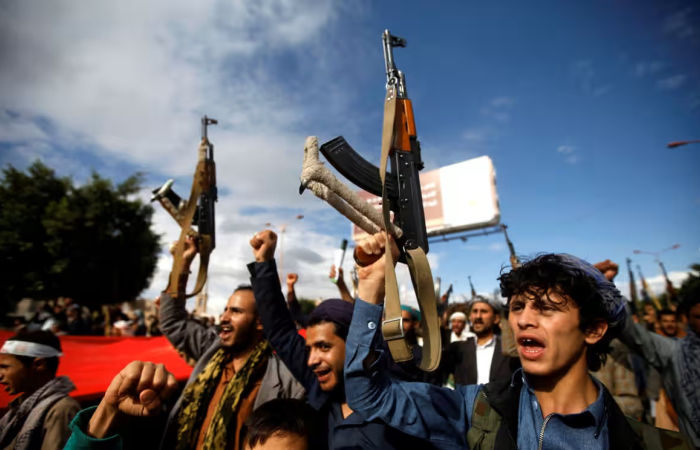Trending
Masam landmine clearance project discovers an anti-tank minefield in northern Hajjah province, Yemen
17 October 2025
On Thursday (16 October), Al-Sahwah reported that the Masam landmine clearance project, launched by the King Salman Humanitarian Aid and Relief Centre, had discovered a new anti-tank minefield in the Midi district of the northern Hajjah province in Yemen. The minefield was cordoned off and classified as hazardous due to its proximity to a residential area.













